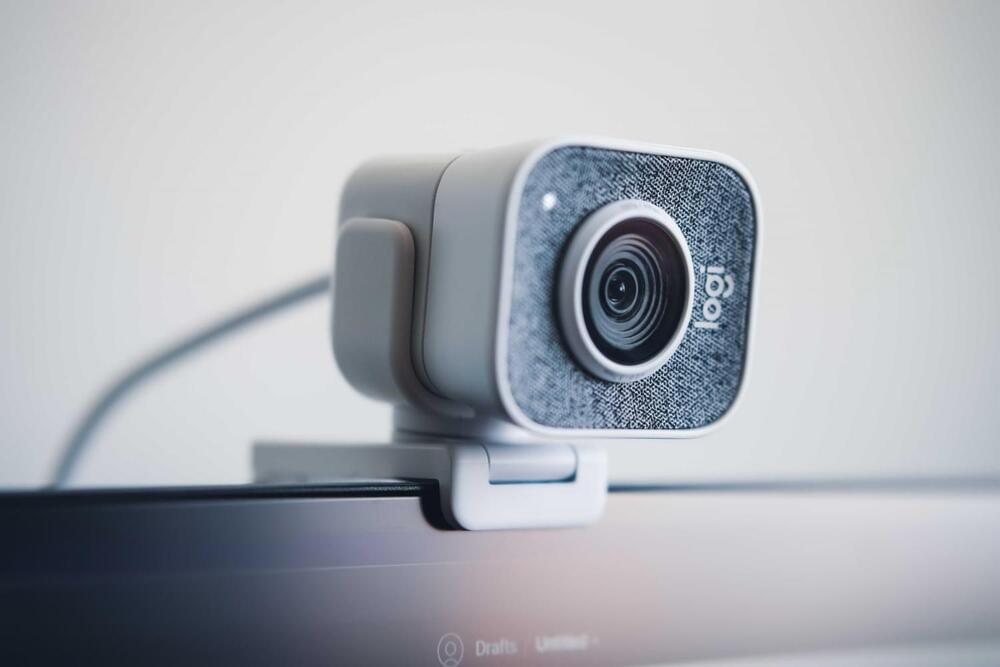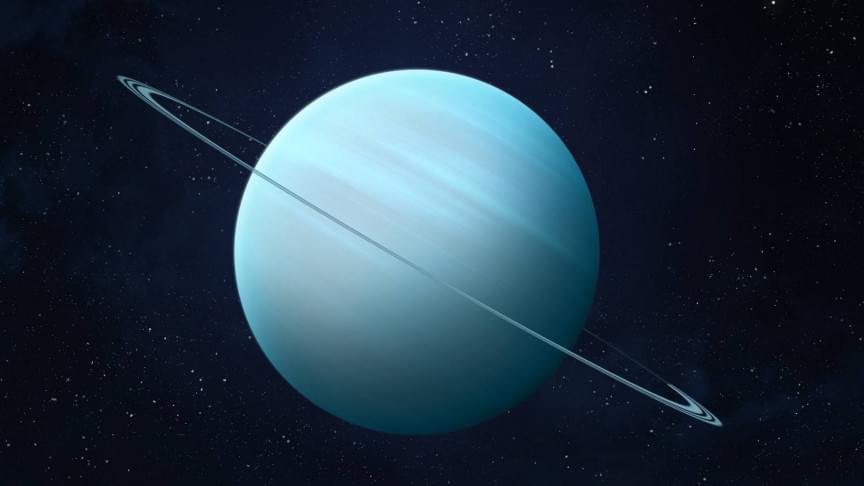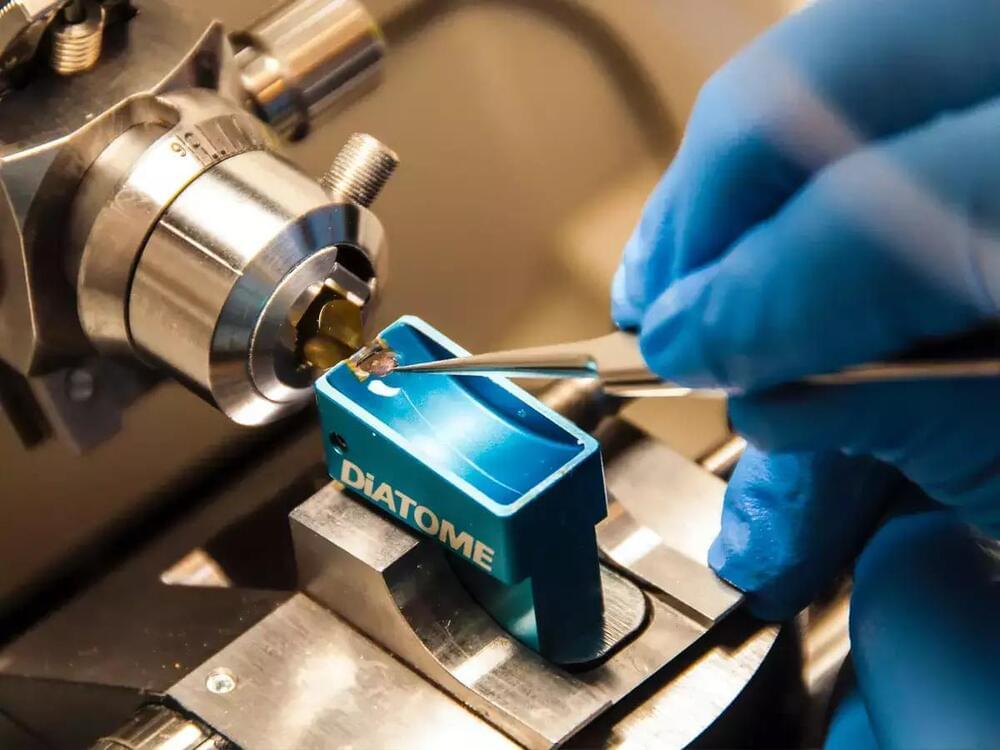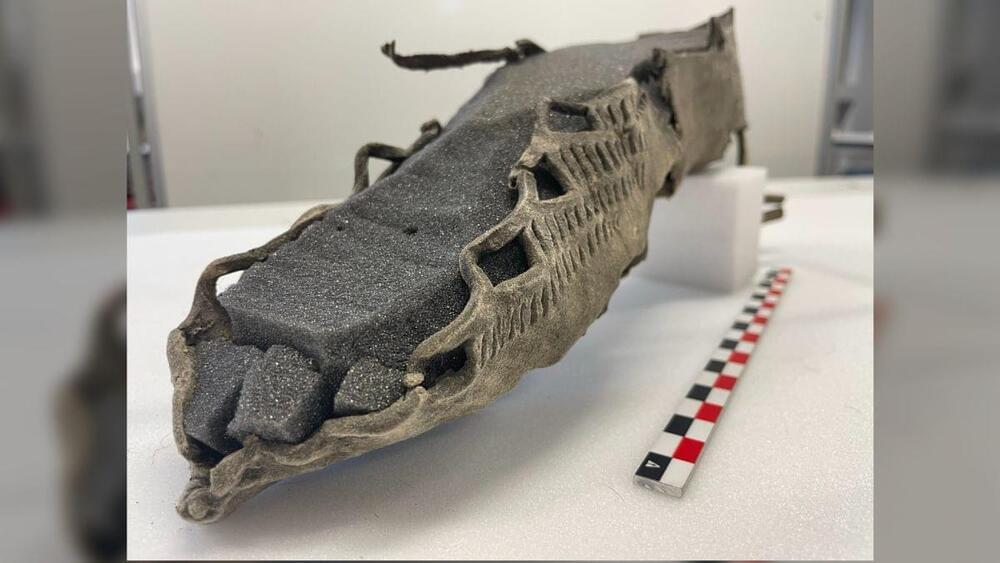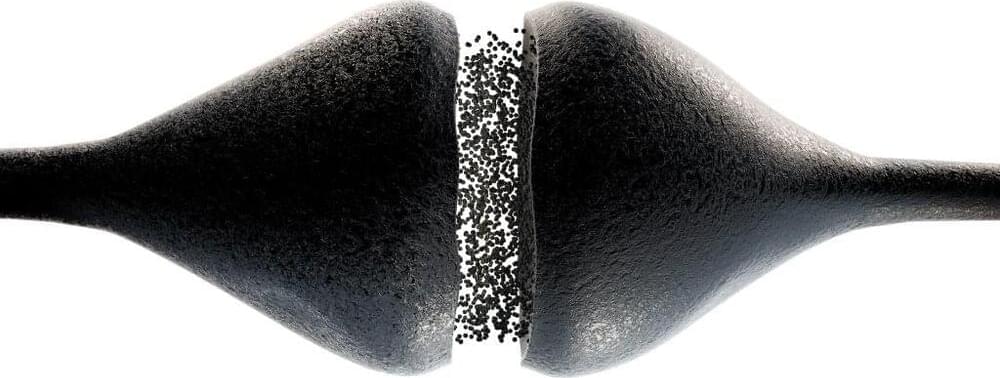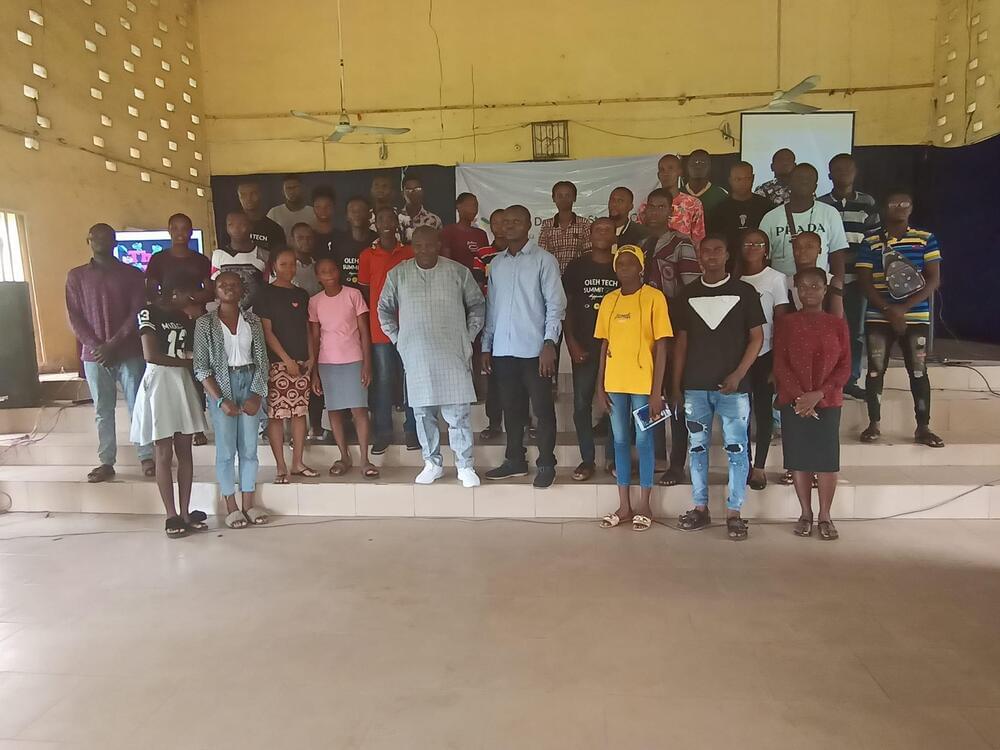𝙉𝙚𝙪𝙧𝙤𝙨𝙘𝙞𝙚𝙣𝙩𝙞𝙨𝙩𝙨 𝙝𝙖𝙫𝙚 𝙡𝙤𝙣𝙜 𝙖𝙨𝙥𝙞𝙧𝙚𝙙 𝙩𝙤 𝙪𝙣𝙙𝙚𝙧𝙨𝙩𝙖𝙣𝙙 𝙩𝙝𝙚 𝙞𝙣𝙩𝙖𝙣𝙜𝙞𝙗𝙡𝙚 𝙥𝙧𝙤𝙥𝙚𝙧𝙩𝙞𝙚𝙨 𝙤𝙛 𝙩𝙝𝙚 𝙢𝙞𝙣𝙙. 𝙊𝙪𝙧 𝙢𝙤𝙨𝙩 𝙩𝙧𝙚𝙖𝙨𝙪𝙧𝙚𝙙 𝙘𝙚𝙧𝙚𝙗𝙧𝙖𝙡 𝙦𝙪𝙖𝙡𝙞𝙩𝙞𝙚𝙨, 𝙡𝙞𝙠𝙚 𝙩𝙝𝙚 𝙖𝙗𝙞𝙡𝙞𝙩𝙮 𝙩𝙤 𝙩𝙝𝙞𝙣𝙠, 𝙬𝙧𝙞𝙩𝙚 𝙥𝙤𝙚𝙩𝙧𝙮, 𝙛𝙖𝙡𝙡 𝙞𝙣 𝙡𝙤𝙫𝙚 𝙖𝙣𝙙 𝙚𝙫𝙚𝙣 𝙚𝙣𝙫𝙞𝙨𝙞𝙤𝙣 𝙖 𝙝𝙞𝙜𝙝𝙚𝙧 𝙨𝙥𝙞𝙧𝙞𝙩𝙪𝙖𝙡 𝙧𝙚𝙖𝙡𝙢, 𝙖𝙧𝙚 𝙖𝙡𝙡 𝙜𝙚𝙣𝙚𝙧𝙖𝙩𝙚𝙙 𝙞𝙣 𝙩𝙝𝙚 𝙗𝙧𝙖𝙞𝙣. 𝘽𝙪𝙩 𝙝𝙤𝙬 𝙩𝙝𝙚 𝙨𝙦𝙪𝙞𝙨𝙝𝙮, 𝙥𝙞𝙣𝙠𝙞𝙨𝙝-𝙜𝙧𝙖𝙮, 𝙬𝙧𝙞𝙣𝙠𝙡… See more.
The Neuro-Network.
𝐌𝐚𝐩𝐩𝐢𝐧𝐠 𝐭𝐡𝐞 𝐛𝐫𝐚𝐢𝐧 𝐭𝐨 𝐮𝐧𝐝𝐞𝐫𝐬𝐭𝐚𝐧𝐝 𝐭𝐡𝐞 𝐦𝐢𝐧𝐝
𝙉𝙚𝙬 𝙩𝙚𝙘𝙝𝙣𝙤𝙡𝙤𝙜𝙮 𝙞𝙨 𝙚𝙣𝙖𝙗𝙡𝙞𝙣𝙜 𝙣𝙚𝙪𝙧𝙤𝙨𝙘𝙞𝙚𝙣𝙩𝙞𝙨𝙩𝙨 𝙩𝙤 𝙢𝙖𝙠𝙚 𝙞𝙣𝙘𝙧𝙚𝙖𝙨𝙞𝙣𝙜𝙡𝙮 𝙙𝙚𝙩𝙖𝙞𝙡𝙚𝙙 𝙬𝙞𝙧𝙞𝙣𝙜 𝙙𝙞𝙖𝙜𝙧𝙖𝙢𝙨 𝙩𝙝𝙖𝙩 𝙘𝙤𝙪𝙡𝙙 𝙮𝙞𝙚𝙡𝙙 𝙣𝙚𝙬 𝙞𝙣𝙨𝙞𝙜𝙝𝙩𝙨 … See more.
New technology is enabling neuroscientists to make increasingly detailed wiring diagrams that could yield new insights into brain function.
By Monique Brouillette.

